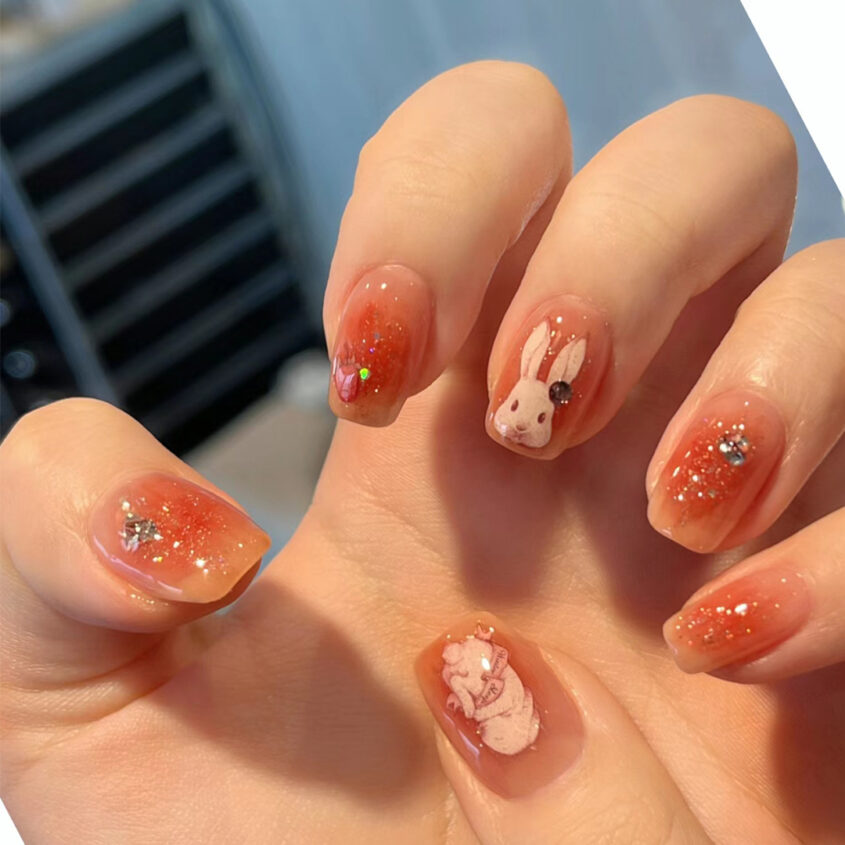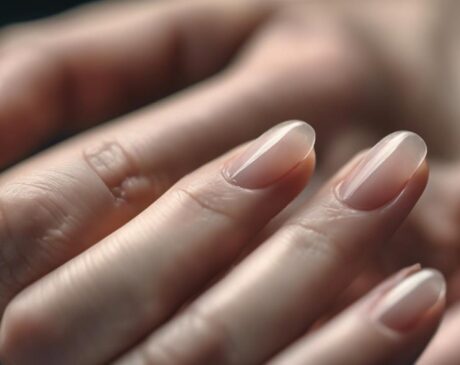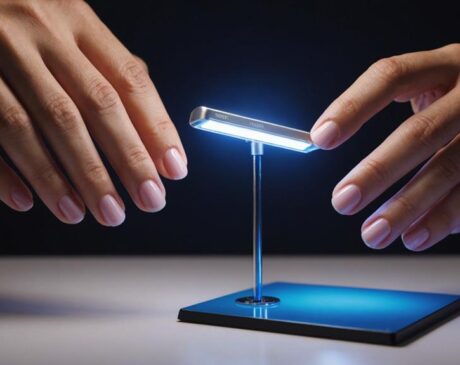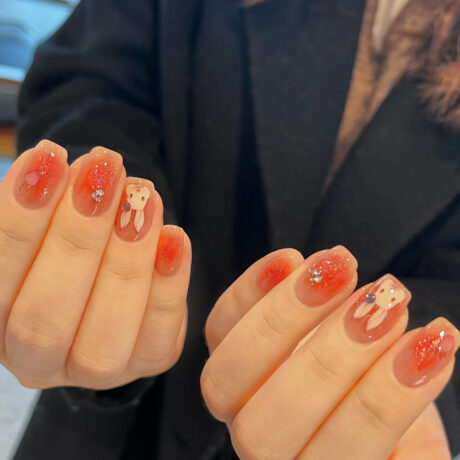Can you use Elmer’s glue for press on nails?

Press-on nails have revolutionized the beauty industry by providing a convenient, affordable, and creative way to enjoy salon-style manicures at home. These ready-to-wear nails come in a variety of sizes, shapes, and designs to suit every aesthetic preference. They are easy to apply and remove, making them a popular choice for those who want to experiment with nail art without the long-term commitment or expense of a professional salon visit.
The Evolution and Popularity of DIY Nail Art
The DIY nail trend has risen significantly in recent years, driven by social media and the desire to personalize the beauty experience. Platforms like Instagram and Pinterest are filled with creative nail designs, inspiring people to explore more adventurous and artistic nail art options. The rise of DIY nail art has led to an increased interest in versatile, user-friendly products, paving the way for the popularity of press-on manicures.
Getting to Know Elmer’s Glue
Take a closer look at Elmer’s Glue
Elmer’s Glue is a household name in adhesives, known primarily for its use in crafts and light bonding tasks. It is a polyvinyl acetate (PVA) based adhesive appreciated for its non-toxic and washable properties. It comes in many forms, from liquid to gel, and is a common tool in school projects and home crafts. It is easy to use and clean, making it a popular choice for the everyday bonding needs of children and adults.
Versatility of Elmer’s Glue in a Variety of Applications
While Elmer’s glue is primarily used for paper, fabric and woodworking projects, it is also utilized for countless other creative purposes. Its versatility is reflected in its ability to act as a temporary adhesive for materials that are difficult to bond with conventional adhesives. This adaptability has led to its consideration in unconventional applications, such as nail art.
Suitability of Elmer’s glue for nails
Evaluating chemical safety and composition
When considering Elmer’s Glue for nails, it is critical to understand its chemical composition and safety. While non-toxic and safe for skin contact, its formulation is very different from that of specialized nail adhesives. The main concern is whether its chemical properties meet the requirements for a durable and safe nail adhesive.
Checking bonding quality and durability
The effectiveness of Elmer’s glue as a nail adhesive depends on its bonding quality and durability. Traditional nail adhesives are formulated to provide a strong, long-lasting bond that withstands daily activities and humid environments. In contrast, Elmer’s glue is designed for less demanding applications, which raises questions about its effectiveness in holding pressure nails firmly in place for extended periods of time.
Elmer’s Glue vs. Professional Nail Glue
To understand the suitability of Elmer’s Glue for presser nails, a comparison with professional nail glues is crucial. Nail glues are specifically designed to bond artificial nails to natural nail beds, ensuring durability and strength. These glues are typically cyanoacrylate-based, providing a stronger, more flexible bond than PVA-based glues such as Elmer.
Insights from Nail Care Professionals
Seeking the perspective of professional nail technicians and beauty experts is critical to evaluating the use of Elmer’s glue for press-on nails. Many experts warn against its use, citing concerns about bond strength, potential damage to natural nails, and overall durability.
Application Tips
Steps for applying press-on nails with Elmer’s Glue
If you choose to use Elmer’s Glue to apply press-on nails, it is important to follow proper application techniques to maximize its effectiveness. Apply a thin, even layer of glue to the press-on nail, carefully align it with the natural nail and hold it in place for at least 30 seconds to ensure a better bond. However, the temporary nature of this bond should be kept in mind.
Guidelines for Safe Removal
Care needs to be taken when removing pressed-in nails painted with Elmer’s Glue to avoid damaging the natural nail. Soaking the nail in warm soapy water will soften the glue, making it easier to remove. Gently peeling or sliding the press-on nail rather than pulling hard can minimize the risk of nail damage.
Pros and Cons
Weighing the pros of using Elmer’s Glue
Elmer’s glue offers several advantages when used to press nails. It is easily accessible, cost-effective and non-toxic, making it a convenient choice for temporary nail applications. Its ease of removal is also a plus, as it allows for quick changes to nail designs without the need for harsh chemicals.
Consider the potential drawbacks
However, the disadvantages of using Elmer’s Glue should not be overlooked. Its poor bonding strength compared to specialized nail adhesives means that press-on nails may not last as long or withstand daily wear and tear. There is also the risk of weakening or damaging natural nails due to the lack of specialized ingredients to protect and strengthen the nail bed.
Alternative Solutions
Recommended Professional Nail Gel
For a more reliable and long-lasting solution, professional nail glues are recommended. These glues are formulated to firmly bond artificial nails, providing a durable and strong adhesive that can withstand daily activities.
Homemade Nail Glue Options
For those seeking a middle ground between Elmer’s Glue and commercial nail glue, homemade nail glue formulas offer another option. These formulas typically combine PVA glue with other ingredients to enhance bond strength and durability, providing a DIY solution that better meets nail care needs.
In conclusion, while Elmer’s glue can be used as a temporary solution for securing pressure nails, its limitations in terms of bond strength and nail damage potential make it a less than ideal option. For long-lasting results and healthy nails, it is recommended to use professional nail glue or homemade alternatives.
Frequently Asked Questions
Does regular use of Elmer’s Nail Glue pose a risk to natural nail health?
Regular use of Elmer’s Nail Glue on nails may weaken and damage natural nails over time due to its inadequate bonding properties and lack of nail protection ingredients.
What is the expected duration of a pressed nail when affixed with Elmer’s Glue?
Press-on nails applied with Elmer’s Glue usually only last a day or two, which is much shorter than the duration of professional nail glue.
Can Elmer’s Glue be a temporary fix for nail emergencies?
For a quick, temporary fix in a nail emergency, Elmer’s glue can be a convenient and easy-to-use option, although it is not suitable for long-term wear.
How do I make my own nail glue at home?
Homemade nail glue can be made by mixing PVA glue with ingredients such as clear nail polish or acetone, which provides a stronger bond than Elmer’s glue alone.
What should I do if the nails attached with Elmer’s glue are difficult to remove?
If the pressed nails are difficult to remove, further immersion in warm soapy water is recommended. Gently wiggling the nail from side to side can help loosen the bond, but forceful removal should be avoided to prevent damage to the nail.




